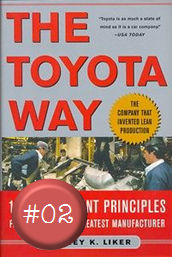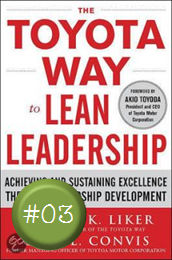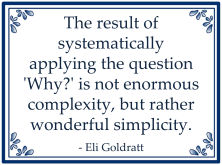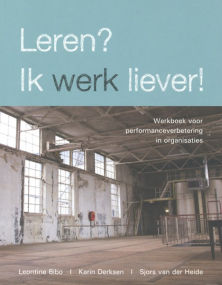
Menselijke prestatieverbetering
Definitie
...
Alias: Menselijke prestatietechnologie, Human Performance Improvement (HPI), Human Performance Technology (HPT)
![]()
Menselijke prestaties technologie ( HPT ), ook wel bekend als de menselijke prestatieverbetering ( HPI ), of menselijke beoordeling van de prestaties ( HPA ), is een vakgebied met betrekking tot verbetering methodes zoals het verwerken van lean management , Six Sigma , Lean Six Sigma , organisatie-ontwikkeling , motivatie , educatieve technologie , menselijke factoren , het leren , performance support systemen, kennismanagement en training . Het is gericht op het verbeteren van de prestaties op maatschappelijk, organisatorische, proces, en individuele performer niveaus.
HPT "maakt gebruik van een breed scala van interventies die zijn afkomstig uit tal van andere disciplines, waaronder total quality management, procesverbetering, gedragspsychologie, instructie-systemen ontwerpen, organisatie-ontwikkeling en human resources management" (ISPI, 2007). Het benadrukt een grondige analyse van de behoeften op maatschappelijk, organisatorische proces en individueel niveau waar nodig om de oorzaken te identificeren voor de prestaties gaten, zorgen voor passende interventies te verbeteren en in stand prestaties, en uiteindelijk naar de resultaten tegen de eisen te evalueren.
Bron: https://nl.qwe.wiki/wiki/Human_performance_technology
![]()
HPI is the systematic process of discovering and analyzing important human performance gaps, planning for future improvements in human performance, designing and developing cost-effective and ethically justifiable interventions to close performance gaps, implementing the interventions, and evaluating the financial and non-financial results.
Bron: Fundamentals of HPI, Phil Anderson
![]()
Definitions of HPI abound in the literature, but perhaps the one that is most comprehensive, yet concise, reads thus: "a systemic and systematic approach to identifying the barriers that prevent people from achieving top performance, recognizing that top performance is key to an organization's success" (Sugrue & Fuller, 1999). Certainly, the important words here are systemic and systematic. Human performance interventions are systemic because all the variables with the system must be examined to determine what has an effect on performance. Each problem is viewed in the context of the entire system: "Unless all the components of the system are operating correctly, it will be impossible to optimize performance" (Fuller & Farrington, 1999). For example, training a group of employees to work more effectively as a team, but continuing to evaluate and reward them on an individual basis, would be a solution to a need that does not take into consideration the entire system and would probably fail in the long term.
Because HPI is a systematic approach, it follows an ordered set of steps to achieve results. A systematic approach ensures that no important factors are overlooked and that no hasty conclusions are drawn about the root causes of the barriers to performance. Unlike most training interventions, which usually take the form of events or activities such as a program or workshop, HPI is processoriented. It consists of a series of actions that, when done successfully, delivers measurable results in terms of improved performance. In addition, HPI is usually a more cost-effective and efficient alternative to large-scale interventions, which often require a major investment of time and money for design, development, and implementationan important consideration for most organizations.
Bron: The Credible Trainer: Create Value for Training, Get Respect for Your Ideas, and Boost Your Career, Robert J. Rosania




















